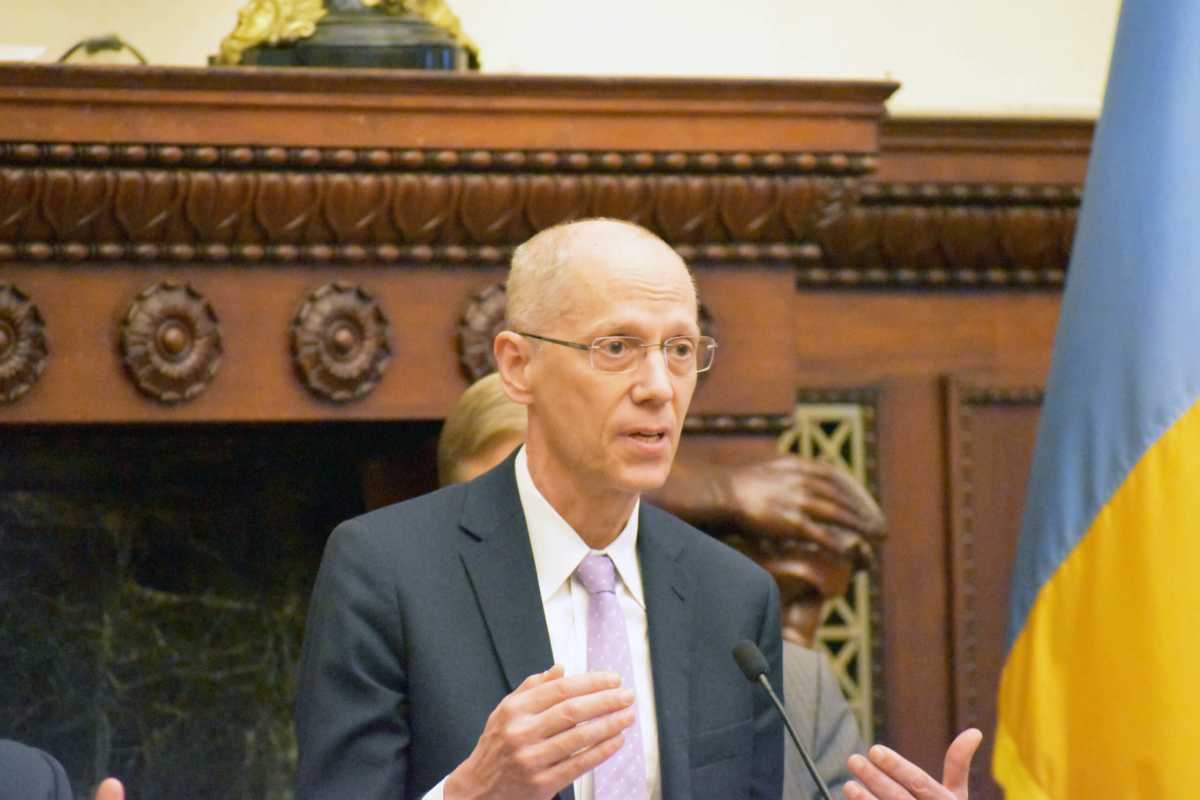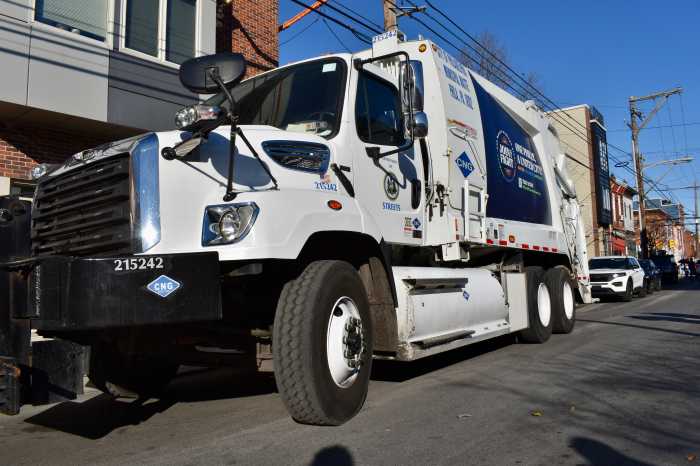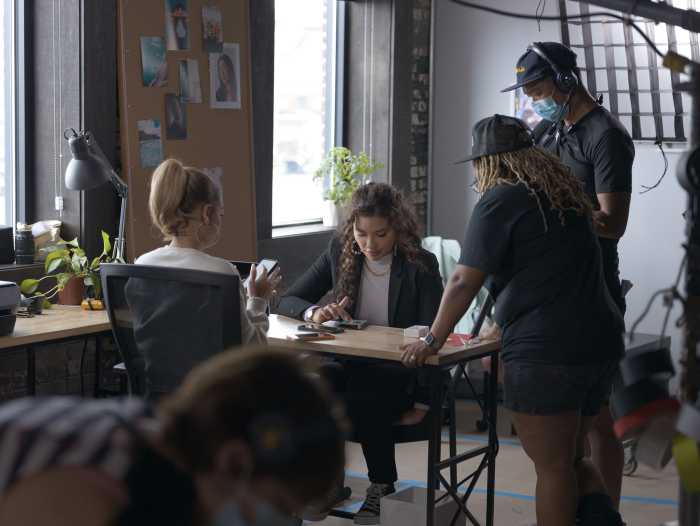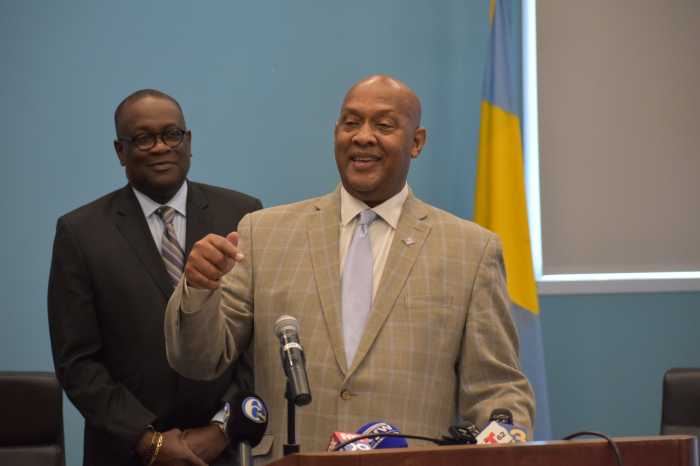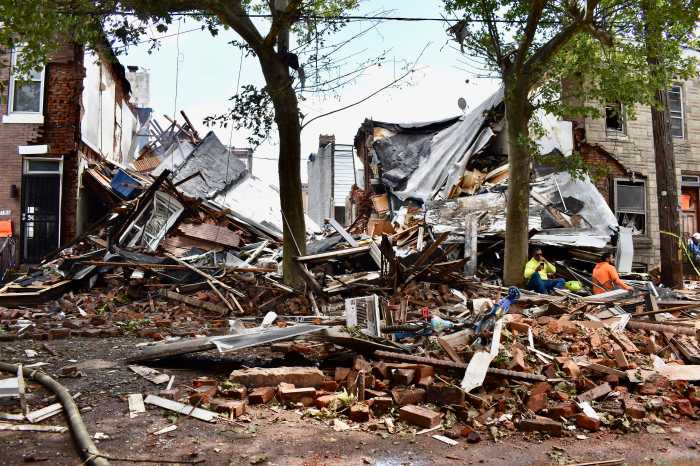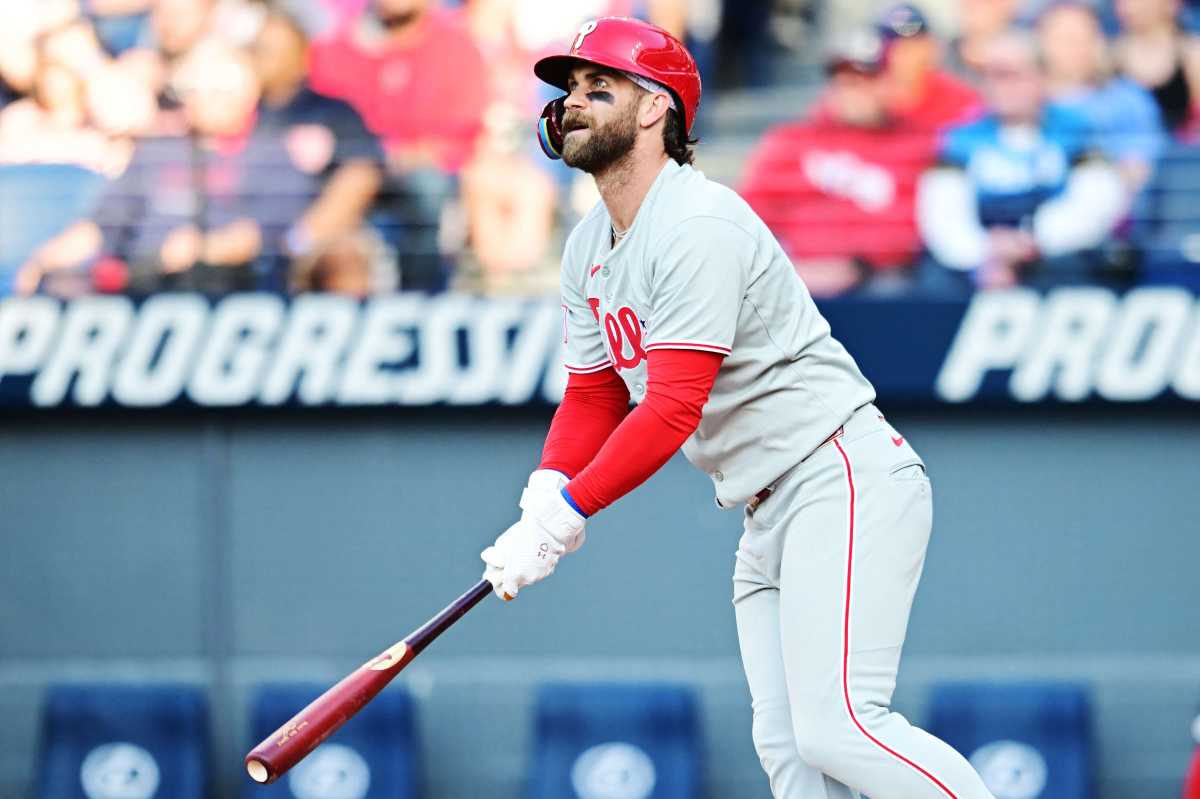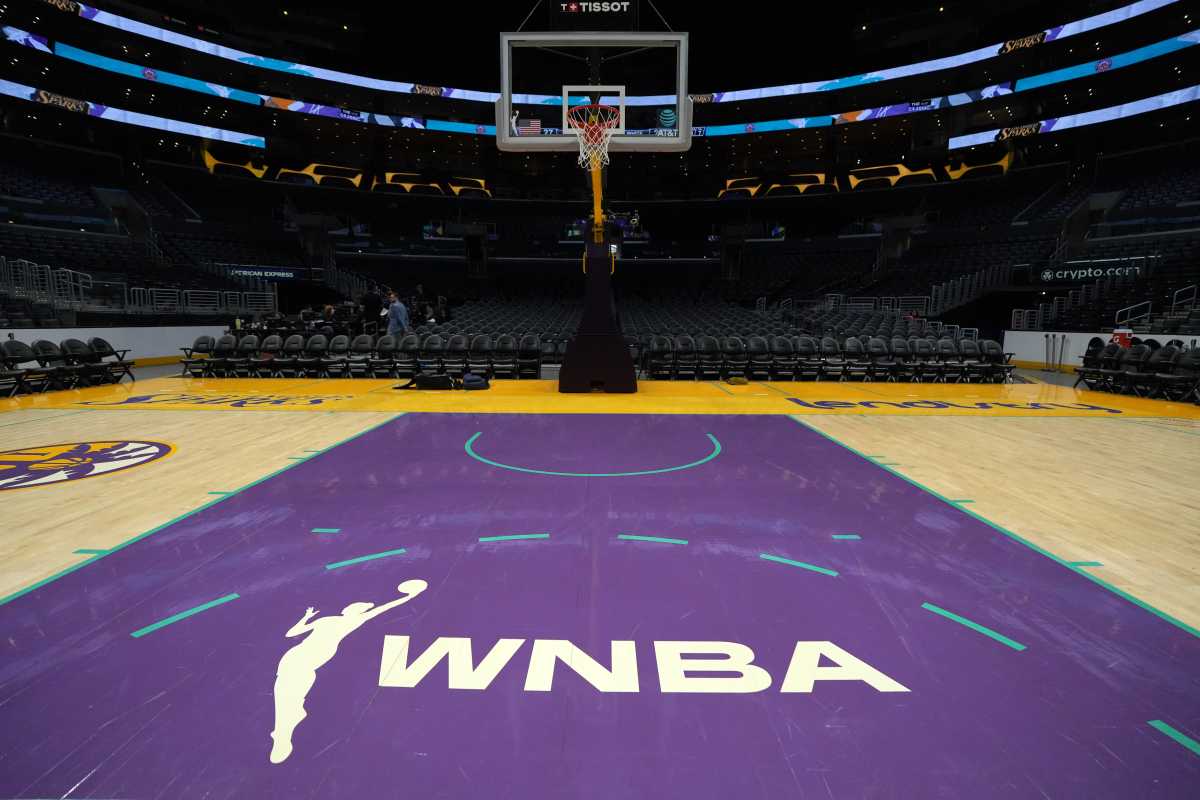City officials have dropped a bid to lease the shuttered Hahnemann University Hospital for use as a coronavirus quarantine site after frustrating negotiations with the building’s owner.
Mayor Jim Kenney said Thursday it would have cost the city $1 million a month to rent the former hospital, which has been stripped of beds and other medical equipment. That price was too high for city leaders.
“In the midst of a public health crisis with the numbers of positive cases increasing daily, we simply do not have the time to continue in a lengthy negotiation,” Kenney said. “So we are done, and we are moving on.”
Joel Freedman, who caused an outcry by shutting down Hahnemann last year, wanted $400,000 in monthly rent and for the city to cover costs associated with renovating and operating the proposed quarantine site, according to Kenney.
At first, Freedman wanted the municipal government to buy the building outright, but Kenney said the city couldn’t afford it and had no desire to purchase the hospital. Kenney said the facility’s condition has deteriorated.
Kenney said Hahnemann’s owner rejected an offer which would have had the city pay a nominal rent while paying to upgrade and operate the building.
Some called on the city to use eminent domain to acquire the property. Kenney said the process is lengthy and complicated and would have required the city to pay fair market value for the hospital.
Managing Director Brian Abernathy said city leaders are negotiating with five or six hotels for additional quarantine space.
Earlier this week, the city announced it was leasing the Holiday Inn Express on Walnut Street near 13th Street as its first quarantine center for people who are homeless or can’t quarantine at home.
There’s no sign of the COVID-19 virus letting up in Philadelphia.
Health Commissioner Thomas Farley reported 127 new cases Thursday, the largest one-day jump since the virus came to the city. It brings Philadelphia’s total number to 475 cases.
“As these cases rise, the risk increases to everyone in the City of Philadelphia,” Farley said. “Each day it becomes even more important to follow our stay-at-home order.”
Forty people infected with the coronavirus are hospitalized, and the city recorded its first and, so far, only COVID-19-related death on Wednesday.
Statewide, there have been 1,687 cases and 16 deaths.
SEPTA, meanwhile, announced Thursday it will further reduce its service. Regional Rail lines, which have seen a whopping 94 percent ridership decrease, will operate on an “essential service schedule” starting Sunday.
Trains on most lines will come every two hours, while the Airport Line will run every hour. The Cynwyd Line will no longer run on weekends, though every other route will continue seven days a week.
The transportation system said it wants to allow enough space for riders to practice social distancing, or staying at least 6 feet apart.
“We are pleading with our customers – if you don’t have to ride, please don’t,” said SEPTA General Manager Leslie S. Richards said in a statement. “We need to reserve space on our buses, trains and trolleys for those who need to get to essential jobs, or access life-sustaining services.”
Buses, trolleys, and the Market-Frankford and Broad Street Lines will continue to operate on a Saturday schedule. Ridership on all of SEPTA’s services was down 70 percent this week.



